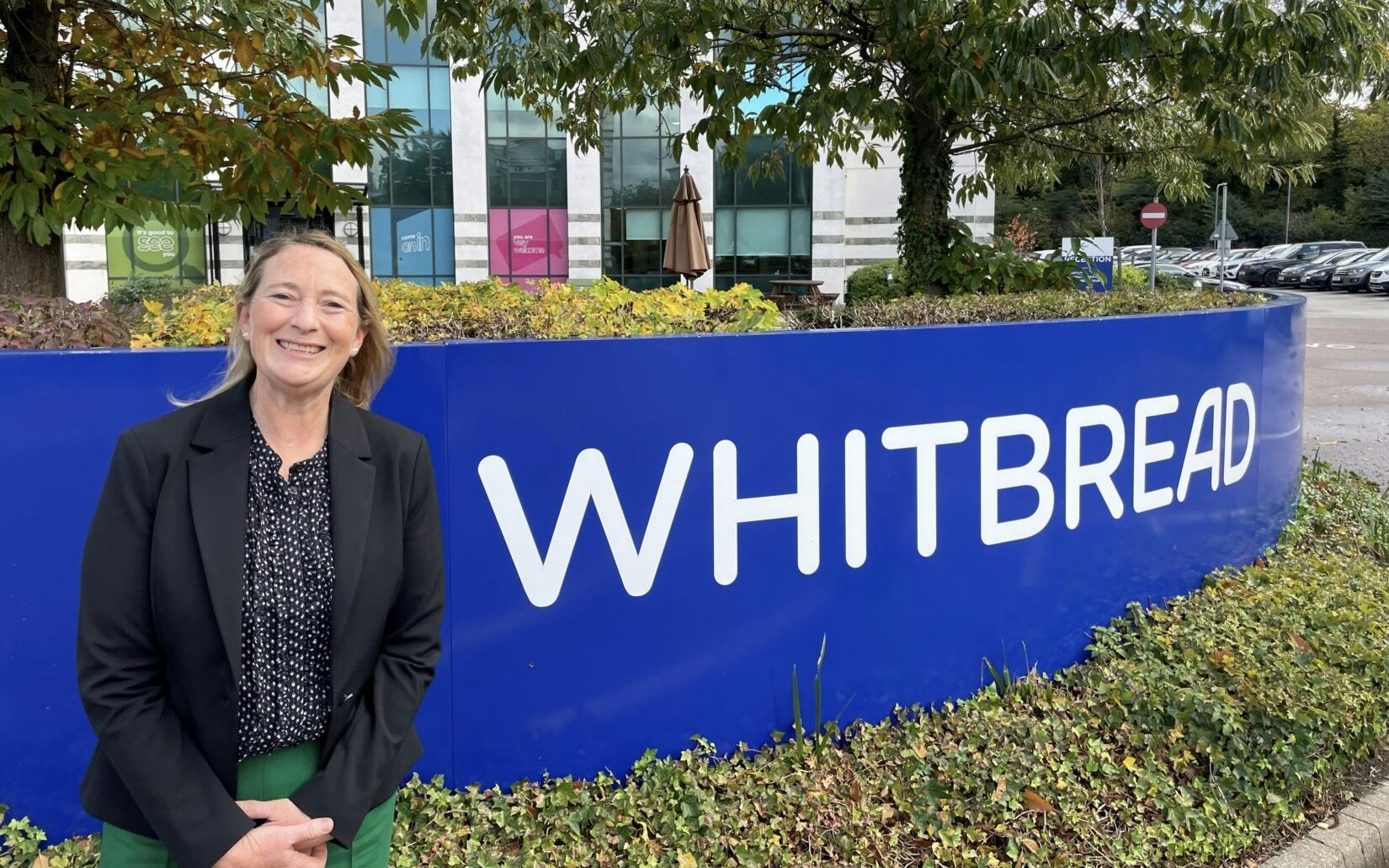The British hotel group Whitbread reported a 13% decrease in adjusted pre-tax profit to 340 million pounds in the third quarter, disappointing analysts' expectations. Despite unchanged revenue figures of 1.6 billion pounds, supported by the opening of new rooms, revenue fell by 7% compared to the previous year to 6.438 billion euros. The UK market was particularly affected, where occupancy in London hotels fell from 84% in the previous year to 81.5%, and revenue per available room dropped by 4%.
This development is due to lower demand for budget hotel rooms during the summer. New industry analyses suggest that travelers are increasingly opting for more expensive hotel options as living costs stabilize. The accountancy firm RSM UK reported that occupancy in luxury and mid-range hotels increased by an average of 3% in August, while occupancy in budget hotels declined from 83% to 80%. In London, occupancy in budget hotels even fell by an impressive 7 points to 79%.
CEO Dominic Paul explained to the Financial Times that the past year was a "recovery year" and that the current patterns are returning to pre-pandemic normalcy. Additionally, there was a significant decline in business travel over the summer, which further affected capacity.
Despite the Decline in Profits, Whitbread's Future Outlook Remains Positive. The Company Plans to Increase Adjusted Pre-Tax Profit by at Least 300 Million Pounds Over the Next Five Years by Adding Additional Rooms and Closing Loss-Making Restaurants. Additionally, Over 2 Billion Pounds in Shareholder Returns is Expected to be Generated by 2029 Through an Increase in Interim Dividends and Stock Buybacks.
Even if some customers turn to more expensive options, we continue to offer an excellent experience at a good price," emphasized Paul. The Premier Plus offerings, which provide additional amenities in the rooms, are specifically designed for customers who desire an upgrade.
The shares of Whitbread responded positively to the company's long-term growth plans and increased by 5% to $165.68 in after-hours trading, despite the short-term challenges posed by the decline in profits.





